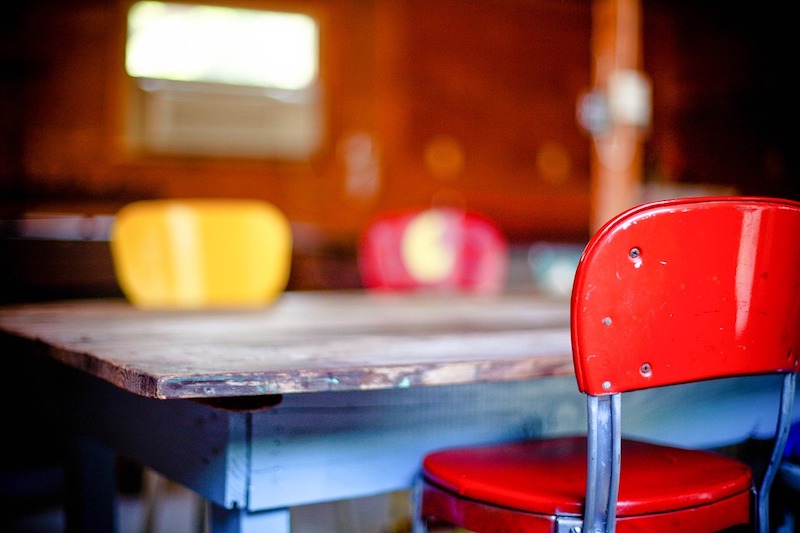Creating a Therapy Space in Refugees’ Homes
-
-
Jude Boyles
What happens when the therapist becomes an invited guest? Jude Boyles is the Manager and a therapist of a Refugee Council therapy service based in South Yorkshire, offering therapy to Syrian refugees resettled via the Vulnerable Persons Resettlement Programme (VPRS). In her second occasional blog about this work, she reflects on the challenges of creating a therapy space within the client’s home

بكم في بيتيمرحبا: Welcome to my home
The Refugee Council have a centre based in Sheffield, and usually our clients come to visit us there. Many have been resettled because of physical impairmentsand/or serious illnesses, so this means that I sometimes need to offer therapy within the family home.
In our assessment discussions about what therapy is, why it helps, what makes it different, I have learnt to include a conversation about how we achieve a working therapy space within a busy family home. I have talked about our conversations being undisturbed, private and explained why this isneeded. I’ve talked about why a separate space is helpful.
Sometimes I haven’t needed to explain this, as our clients have instinctively known what they need. Recently, a client opened the door, sat me and the interpreter down opposite her and said how she had been “so looking forward to our talk”. The house was quiet, and she was prepared and waiting for my visit.
On another occasion, I went to visit a young man and was intrigued by the sight of a hard chair in the middle of the living room facing a two-seater sofa. He asked if this was “right?” I knew that there were several adults and children living in the home, but the house seemed empty. I thanked him for preparing the room. He told me that all his family were upstairs and would “stay up there”. I was surprised and perhaps he could see that, as he smiled and remarked, “they said that you like the room like this”. I wasn’t sure how I felt about this, pleased or worried. Maybe both!
There have been many occasions where it has been more complicated, and I have had to negotiate with the family before a space can be carved out that is private and undisturbed. Recently, when I arrived to see a bedridden client, the family all came into the room at various times during the hour. It took several sessions before we were able to agree that we would speak alone without interruption. I had to gradually introduce the issue as I sensed there was concern and confusion about my presence and especially that of the interpreter. After four sessions, we had established a unique space, but it felt fragile still.
I have noticed that, as trust in me grows as a form of consistent support to a family member, it becomes normal for me to visit and be left alone, and this has occurred whatever position a person holds in the family. The negotiation to create this unique space should never be rushed, but neither can it be avoided, as I am there to offer therapy.
Sometimes I get this negotiation wrong. I was recently talking with my client about our final session and asked how he would like to mark the ending. He said that his wife would prepare a special dish for our final session to thank me. As I began to address this, my client put his hand up and said: “I hope you are not telling me what I can do in my own home”. We laughed together and explored his offer and agreed upon a few sweet treats at the end of our final session and his family would join us. As so often happens in my work, his challenge struck me as impressive. It is the sort of dignity and humour that I witness often in my work with Syrian refugees.
I am an invited guest in a family home, and I try to remember this at all times.